Excluding Assets from Proceeds of Crime Restraining Orders Case Law Update
0 CommentsAbout Post Author
Brian Walker
B.Acc., GradDipLegPrac, Juris Dr
Barrister & Accountant.
Former Criminal Defence Solicitor. Former Federal Prosecutor for the Commonwealth Director of Public Prosecutions prosecuting Commonwealth crimes relating to drugs and child exploitation. Former Australian Federal Police member litigating proceeds of crime matters. Former Australian Taxation Office employee investigating offshore tax evasion matters.
* Information contained in this article is of a general nature only and should not be relied upon as concise legal advice.
Please contact for legal advice tailored to your situation. *
About Brian Walker
B.Acc., GradDipLegPrac, Juris Dr Barrister & Accountant. Former Criminal Defence Solicitor. Former Federal Prosecutor for the Commonwealth Director of Public Prosecutions prosecuting Commonwealth crimes relating to drugs and child exploitation. Former Australian Federal Police member litigating proceeds of crime matters. Former Australian Taxation Office employee investigating offshore tax evasion matters.



![Case review: R v Mauger [2012] NSWCCA 51](https://walkercriminallawyer.com.au/wp-content/uploads/2024/10/conviction-1-420x269.webp)


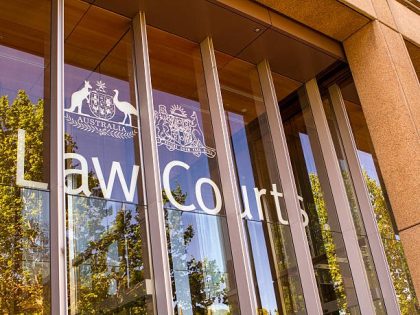















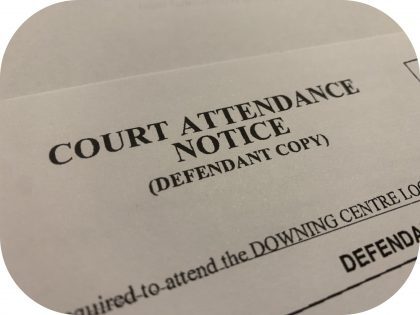










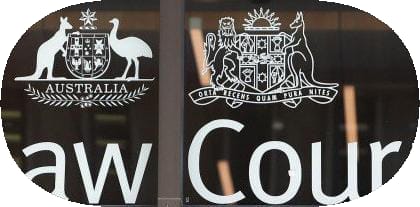

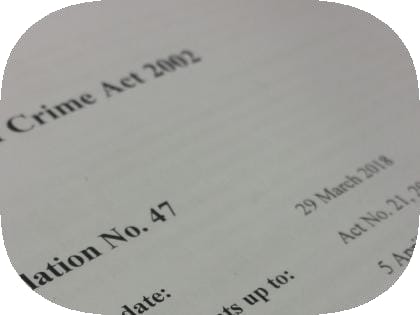


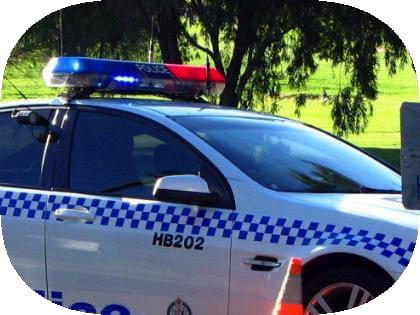



Further consideration of s 330(4)(a) Proceeds of Crime Act 2002 (Cth) post the High Court’s decision in Lordianto v Commissioner of the Australian Federal Police [2019] HCA 39.
In Gwe v Commissioner of the Australian Federal Police [2020] NSWCA 247, assets were excluded from restraining orders on the basis that there was no evidentiary basis for the finder of fact to be satisfied that the applicant had knowledge of the structured deposits into her bank account (contrary to s 142 Anti-Money Laundering and Counter-Terrorism Financing Act 2006 (Cth)).
For it to be possible for the finder of fact to draw an inference that the relevant person should have held a reasonable suspicion in the absence of evidence to this effect, at a minimum, the person whom its contended should have held this suspicion, must be cross examined as to their knowledge of the structured deposits to provide an evidentiary basis for the finding that this knowledge should have aroused a reasonable suspicion pursuant to s 330(4)(a) POCA.